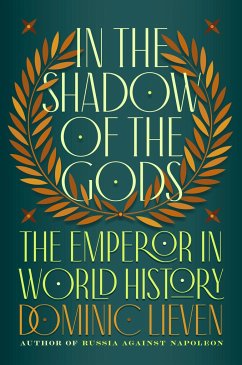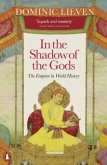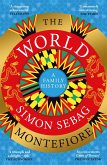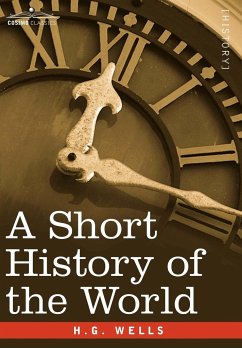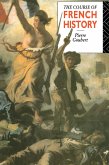A dazzling account of the men (and occasional woman) who led the world's empires, a book that probes the essence of leadership and power through the centuries and around the world. From the rise of Sargon of Akkad, who in the 3rd millenium BCE ruled what is now Iraq and Syria, to the collapse of the great European empires in the 20th century, the empire has been the dominant form of power in history. Dominic Lieven's expansive book explores strengths and failings of the human beings who held those empires together (or let them crumble). He projects the power, terror, magnificence, and confidence of imperial monarchy, tracking what they had in common as well as what made some rise to glory and others fail spectacularly, and at what price each destiny was reached. Lieven's characters come alive with color, energy, and detail-their upbringing, their loves, their crucial spouses, their dreadful children: Constantine, Chinggis Khan, Trajan, Suleyman, Hadrian, Louis XIV, Maria Theresa, Peter the Great, QUeen VIctoria and dozens more. They illustrate how politics and government are a gruelling business: a ruler needed stamina, mental and physical toughness, and self-confidence. He or she needed the sound judgement of problems and people which is partly innate but also the product of education and experience. A good brain was essential for setting priorities, weighing conflicting advice, and matching ends to needs. A diplomatically astute marriage was often even more essential. Emperors (and the rare empresses) could be sacred symbols, warrior kings, political leaders, chief executive officers of the government machine, heads of a family, and impresarios directing the many elements of 'soft power' essential to any regime's survival. What was it like to live and work in such an extraordinary role? What qualities did it take to perform this role successfully? Lieven traces the shifting balance between these elements across eras that encompass a staggering array of events from the rise of the world's great religions to the scientific revolution, the expansion of European empires across oceans, the great 20th century conflicts, and the triumph of nationalism over imperialism. The rule of the emperor may be over, but Lieven shows us how we live with its poltical and cultural legacies today.
Hinweis: Dieser Artikel kann nur an eine deutsche Lieferadresse ausgeliefert werden.
Hinweis: Dieser Artikel kann nur an eine deutsche Lieferadresse ausgeliefert werden.

